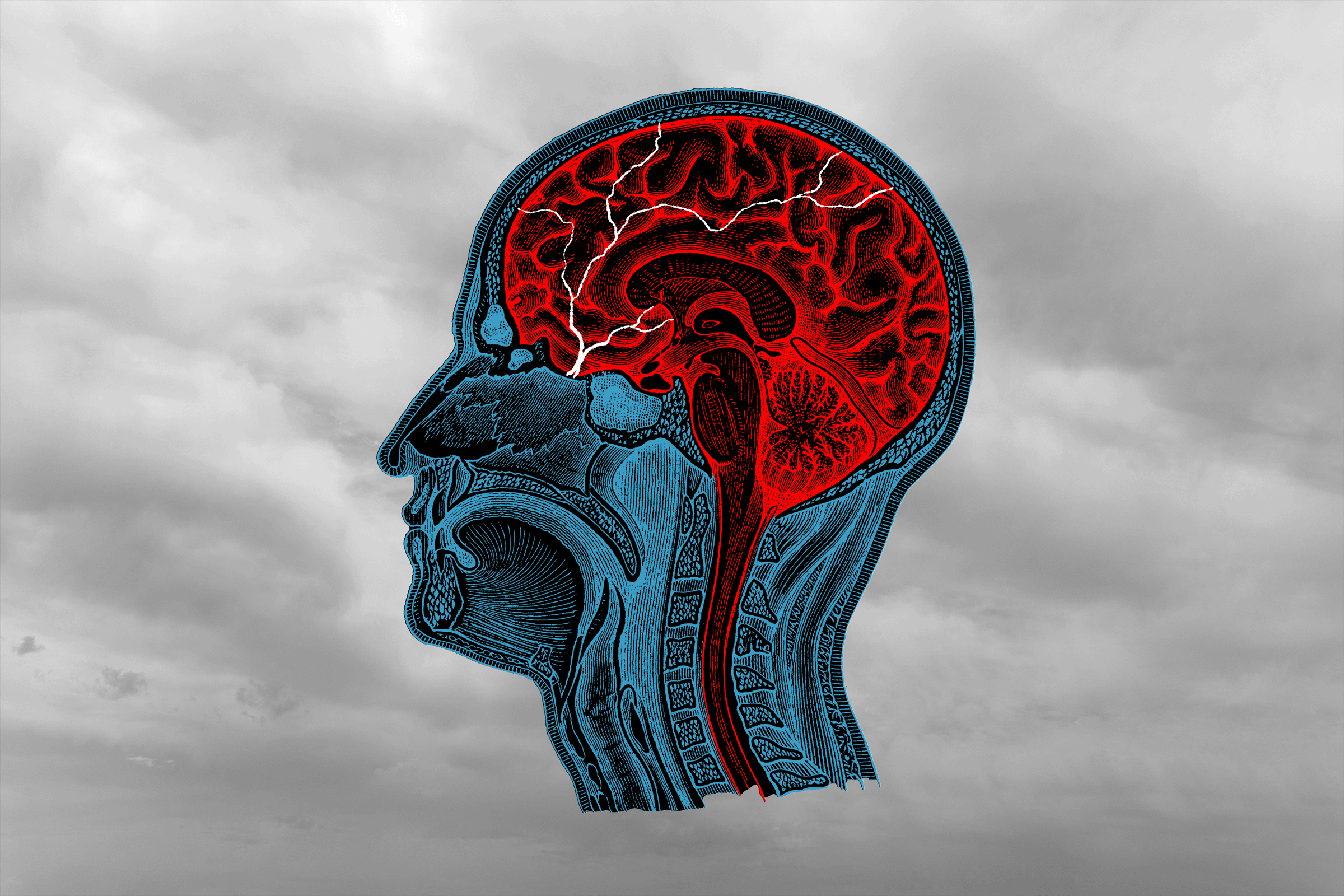Melatonin may be key to summer depression
- Share via
Melatonin may hold the key, or one key, to treatment of summer seasonal depression.
The hormone, produced naturally by the human body, is frequently taken as a supplement to help travelers adjust to new night and day cycles and to help insomniacs get to sleep. Very early research suggests that this ability to affect the body’s circadian rhythms could make the hormone a potential treatment for depression triggered by seasonal changes as well.
Melatonin is a hormone that sets the seasonal rhythms in animals, such as the timing of breeding seasons and coat growth. And in humans, melatonin helps regulate day and night cycles, called circadian rhythms. Melatonin is produced during nighttime darkness in all animals, including humans. So during long winter nights, more melatonin is produced than in summer, when nights are shorter.
In a 2006 study in the Proceedings of the National Academy of Sciences, Dr. Alfred Lewy, a professor of psychiatry at Oregon Health and Science University, and his colleagues showed that by treating patients who have winter depression with melatonin in either the morning or afternoon/evening, they could reset the patients’ circadian clocks.
“Melatonin worked as well as or better than antidepressants currently in use for depression,” says Lewy, who has studied seasonal disorders for 30 years.
The melatonin essentially “tricks” a person’s body into thinking that the timing of the dark cycle has shifted, which shifts the body clock, says Lewy. But the time of day that melatonin is taken is critical to getting the correct therapeutic effect, he says. Most of the patients responded to the melatonin when taken later in the day. “If you schedule it at the wrong time, you could make your depression worse because you’re shifting your rhythms in the wrong direction.”
In the Portland area, where Lewy lives and practices, it would be quite unusual for a patient to suffer from summer depression due to heat or humidity, because the weather is so mild. But he now has a patient who appears to have summer depression related to day and night cycles, so Lewy has begun investigating melatonin as a treatment for that condition too.
The man experienced five years in a row of severe summer depression, including one year in which he felt suicidal almost daily for four months. Last year, when Lewy began giving him low doses of melatonin late in the afternoon in April and continued through September, the man did not experience summer depression.
“We don’t know to what extent circadian misalignment explains depression in a given individual or in how many individuals,” says Lewy. “We think it’s going to be a significant component.”
Depression pathways
This circadian misalignment is likely the common pathway between seasonal and non-seasonal depression, Lewy says. And both may eventually be treated in part with light exposure, from either sunlight or a light box, or with low doses of melatonintailored to a specific time of day for each patient.
Other researchers say that the studies are promising but that it is still early to draw sweeping conclusions.
“This specific line of thinking is respected for winter SAD,” says Dr. Dan Oren, an adjunct associate professor of psychiatry at Yale University who has studied seasonal disorders, via email. “There may well be circadian misalignments in other forms of depression, but the hypotheses and data are not as crisp. The role of melatonin in the treatment of depression remains to be proven, though Lewy has some solid work supporting its use in winter SAD.”
One hurdle in identifying a treatment for summer depression is that researchers don’t yet understand what is happening physiologically when something external, such as lengthening days, leads to symptoms of depression.
“It’s kind of a black box,” says Lewy. “I’m thrilled that we were able to get as far as we have, learning that the light-dark cycle can trigger these depressions. But once they’re triggered, we don’t know why somebody gets depressed except to say that we all experience jet lag to various degrees. Maybe there’s something similar going on.”
Dr. Norman Rosenthal, a clinical professor of psychiatry at Georgetown University Medical School, notes that it’s important that doctors ask questions about the timing of their patients’ symptoms so that they’ll recognize possible seasonal patterns and treat them appropriately.
If a doctor doesn’t recognize that a patient is experiencing summer depression, he or she might prescribe medications in the middle of the summer, when the symptoms are at their height, and miss other possible treatment options, he says. That person might be on their way out of their seasonal depression, and a doctor might incorrectly attribute the improvements to the medication.
“Then you’ll keep them on the medications through the winter, when they may not even need them,” Rosenthal says.
“If you understand the patterns, you’ll catch them early in the late winter or early spring,” he adds.
Medication cycles
When patients come out of the season, Rosenthal sometimes tapers their medications accordingly. “Understanding the seasonality helps you manage the problem in a much more sophisticated and effective way.”
For 68-year-old Elise Hancock, who began noticing her seasonal depression symptoms as a teenager, recognizing her most vulnerable seasons and times of day is key to her mental well-being.
In the summertime, the Baltimore, Md., resident avoids spending excessive amounts of time outside during the heat of the day and makes sure to do outside activities such as gardening during the cool of the morning or the evening.
But, she says, she thrives on light, both in the winter and in the summer. If she goes on walks during the early morning or evening, “I make sure that I’m walking on the sunny side of the street,” says Hancock.
“I think it helps.” The idea that morning light could be a natural therapy makes sense to Hancock. “In nature we’d get up with the morning light and be more attuned to the natural clock.”






